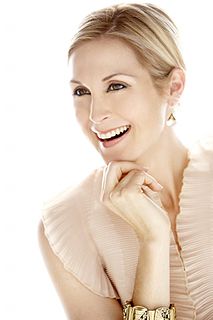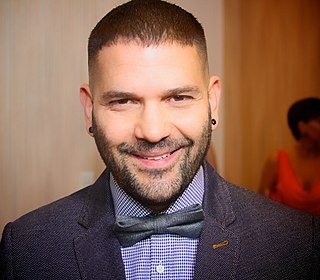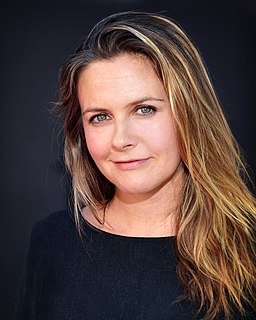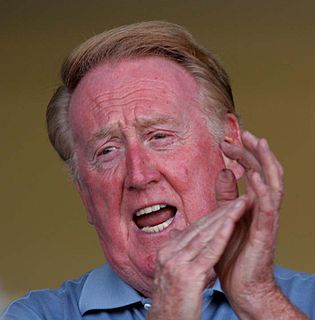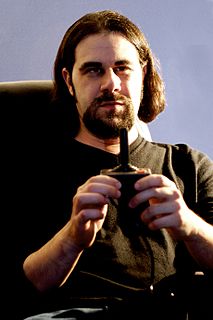A Quote by Ann Leckie
One of the nice things about a second book is that your readers already have so much of the introductions on board, they don't have to put all their attention into figuring out the world and can more easily let that play out as a background to the other things you want to do.
Related Quotes
Everyone needs some trial and error figuring out how it's gonna work for them. I could have gotten that out of the way a little sooner but I think you're totally right, the way I kind of think about things and the way I wanted to put myself out there doesn't fit the traditional side of things. I needed things like podcasts and YouTube and things that allow you to get it out there yourself and stand in the flames.
In fiction, it's as if you enter a dream world that you created, but your characters have their own free will. They don't do what you want them to do - they get into trouble, do drugs, fight over petty things, and do outrageous things that you wouldn't want your children to do. In other words, you can only provide the background, the seeds - in my case the background of the Vietnamese refugee.
I almost always write everything the way it comes out, except I tend much more to take things out rather than put things in. It's out of a desire to really show what's going on at all times, how things smell and look, as well as from the knowledge that I don't want to push things too quickly through to climax; if I do, it won't mean anything. Everything has to be earned, and it takes a lot of work to earn.
The trouble is that when you read criticisms about the other films that I've made you get the impression that they're all about themes, or problems, or ideas. But those are actually things that develop out of characters, out of images and out of other things. These more abstract things develop while working on the material, and out of it. It's not a theoretical exercise from the outset.
[The internet has] already had a huge impact in the sports world, and the play-by-play guys that are not paying attention to it are losing out. They're losing out on getting the real pulse of a game that they're covering. My point with blogs and with podcasts is that it can't be the basis of your prep work, there has to be much more. We understand that. But, it has to be at least a part of what you're doing. If you're not paying attention to it, then you're not seeing the full picture.
And also it's an ever-gathering process. If I pick up the Sporting News or some sports publication and there's an article on somebody and I think I might see that player, I will tear it out and put it in a file, and I have a looseleaf book so when we're going to play that particular team I take out all these clippings and things I pulled out, I go through them, highlight them, put them in the book.
It was fun figuring out the science of the world as much as we wanted to figure out, and then playing fast and loose in other places. Which we do with our show in general. One of the things we love about the BoJack Horseman show is that we can always fall back on, "It's a ridiculous cartoon." And it is! It's a serious, relationship-based grounded character tragedy, but it is also a ridiculous cartoon.

